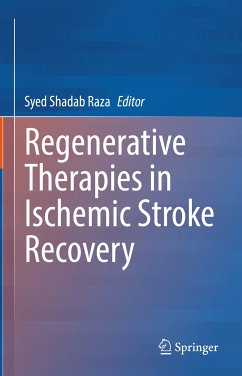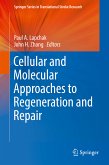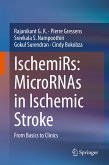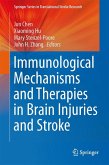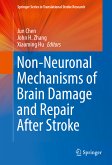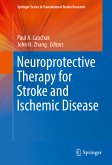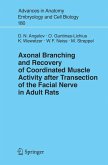This book illustrates the importance and significance of regenerative medicine in stroke recovery. It discusses stem-cell-based treatment strategies and offers mechanistic insights into their role in neurological recovery. It also examines the challenges and advances in using adult stem cells for enhanced therapeutic efficacy. Further, it presents the strategies as well as the strengths and weaknesses of various delivery methods to administer stem cells in ischemic stroke. It examines the role of non-coding RNA in our understanding the stroke pathogenesis, their regulatory role in ischemic stroke and potential as biomarkers and therapeutic targets. Lastly, it explores exosomes in the treatment of stroke, and the underlying mechanism of their action as therapeutic vectors for stroke. Given its scope, it is an excellent resource for neurologists, neuroscientists and researchers involved in regenerative therapy for stroke.
Dieser Download kann aus rechtlichen Gründen nur mit Rechnungsadresse in A, B, BG, CY, CZ, D, DK, EW, E, FIN, F, GR, HR, H, IRL, I, LT, L, LR, M, NL, PL, P, R, S, SLO, SK ausgeliefert werden.

